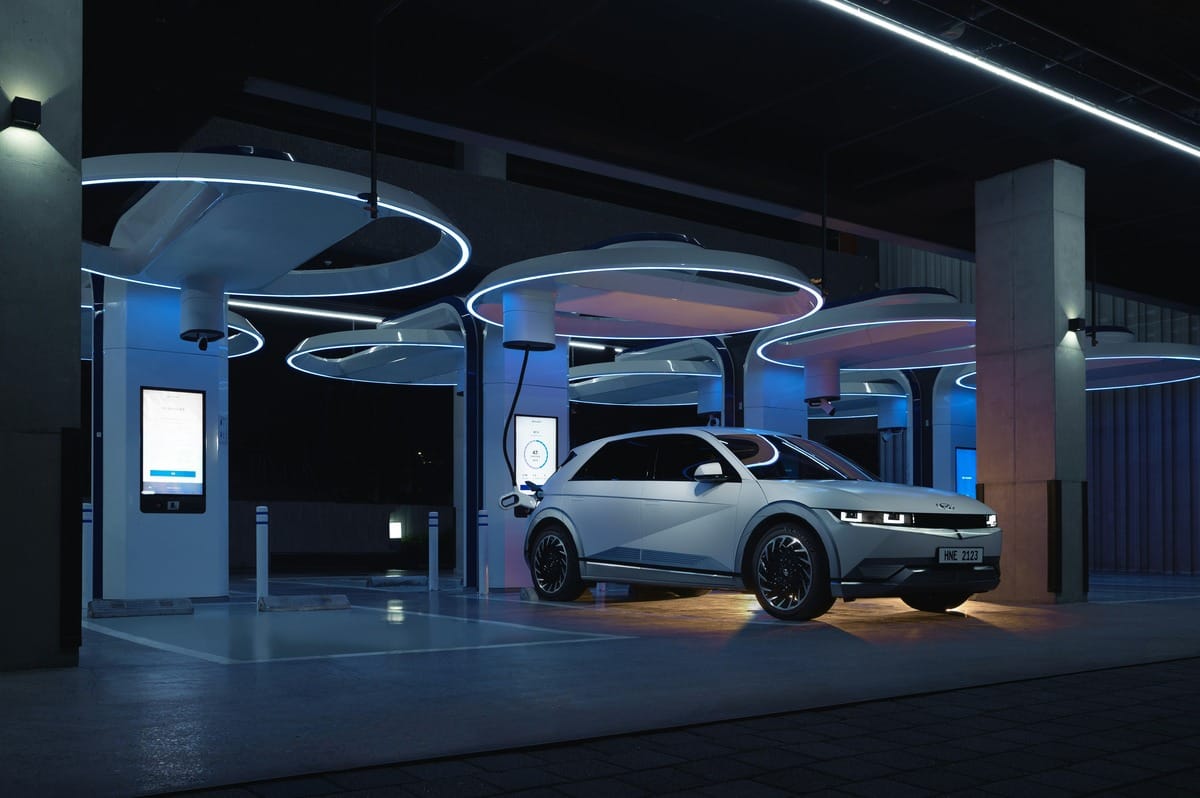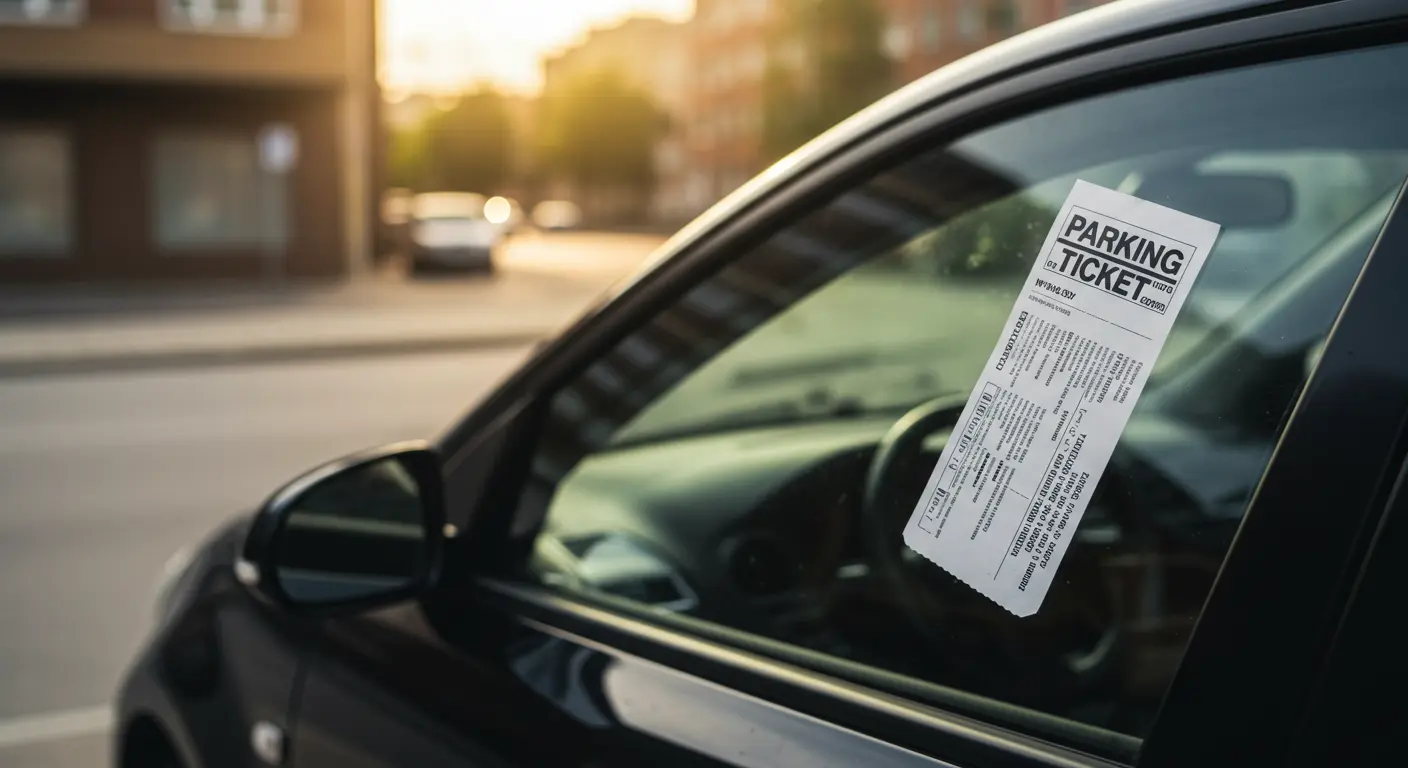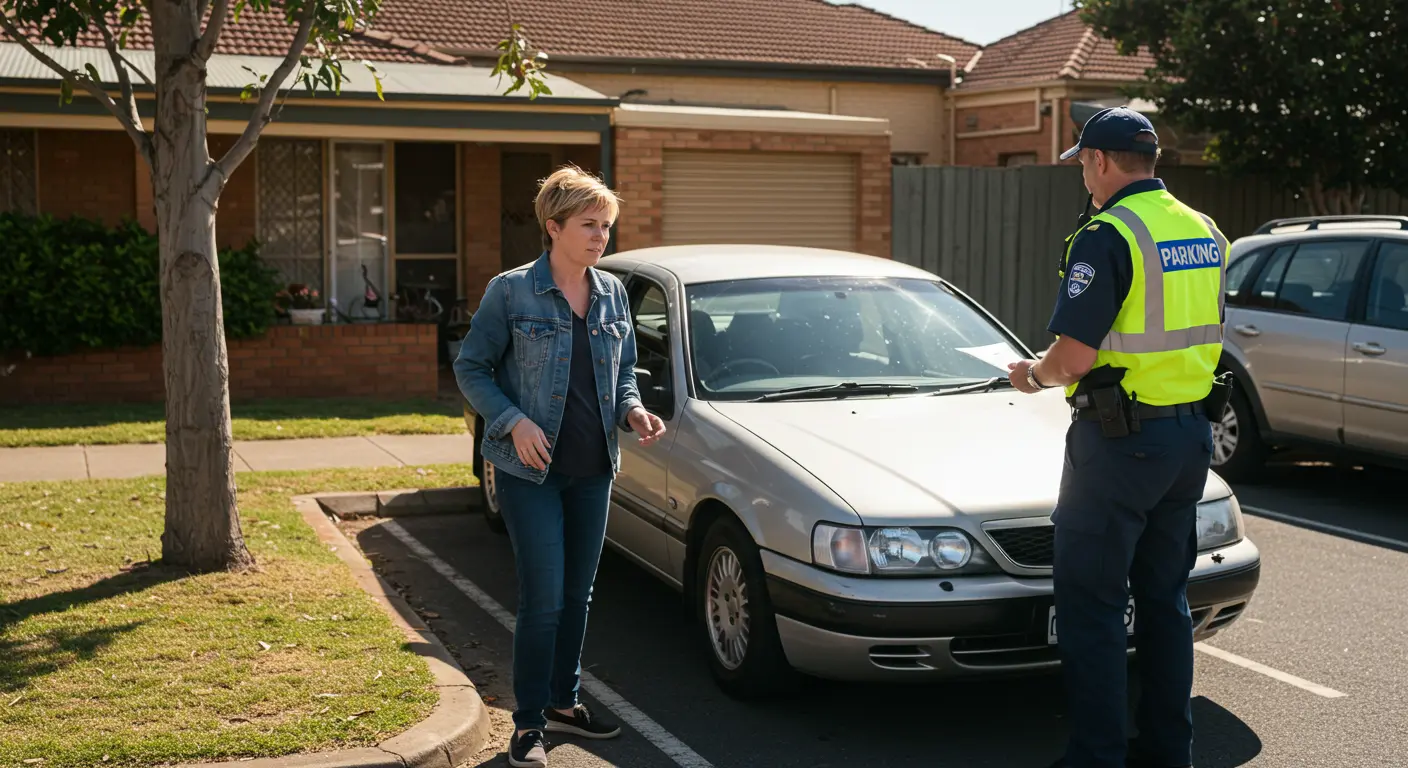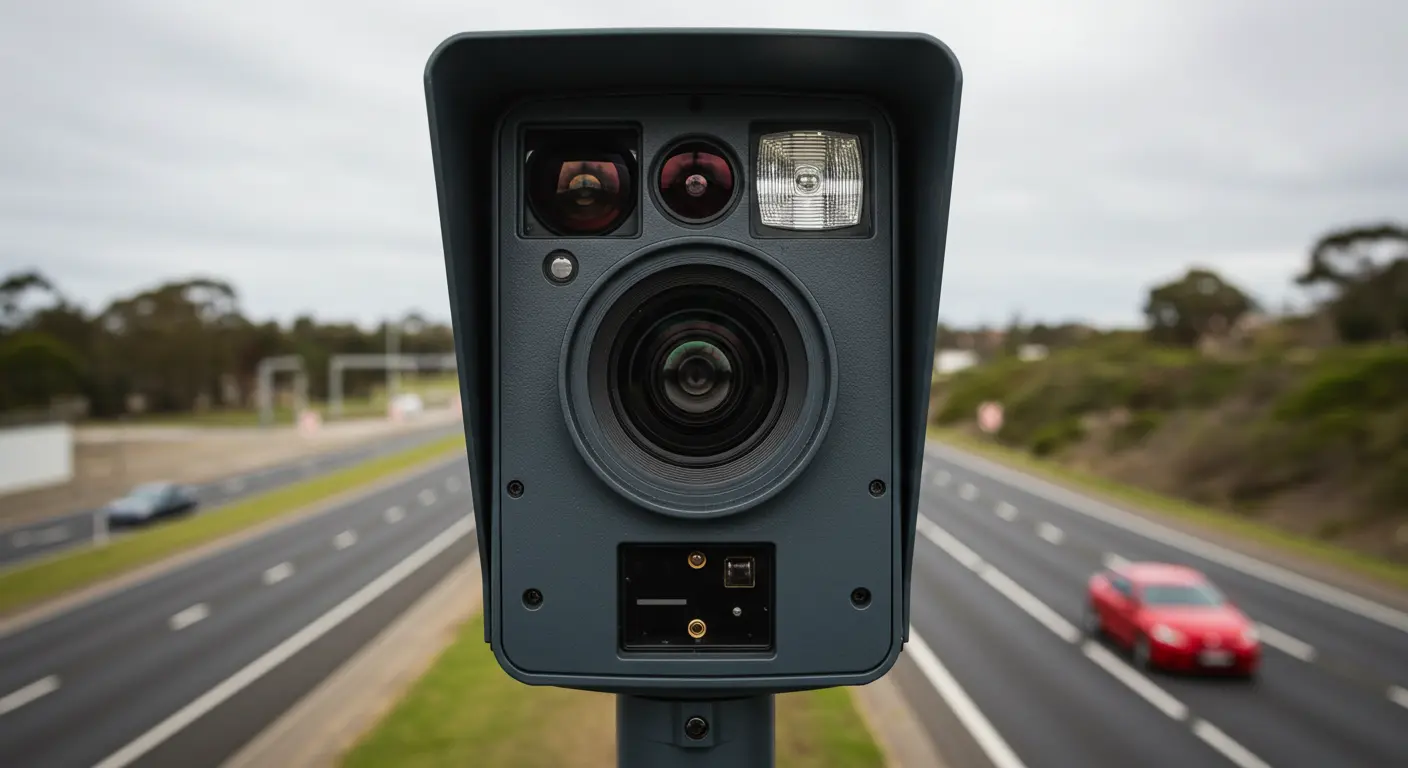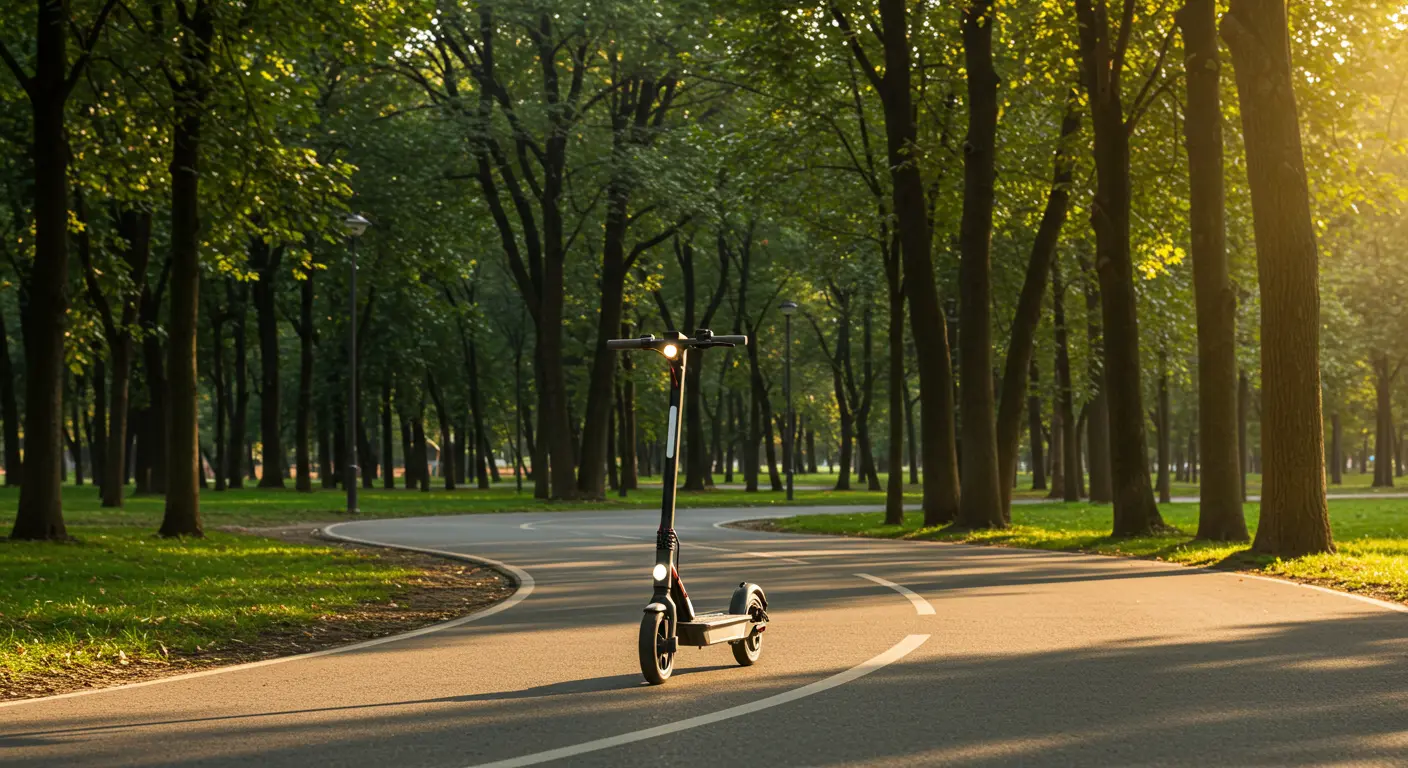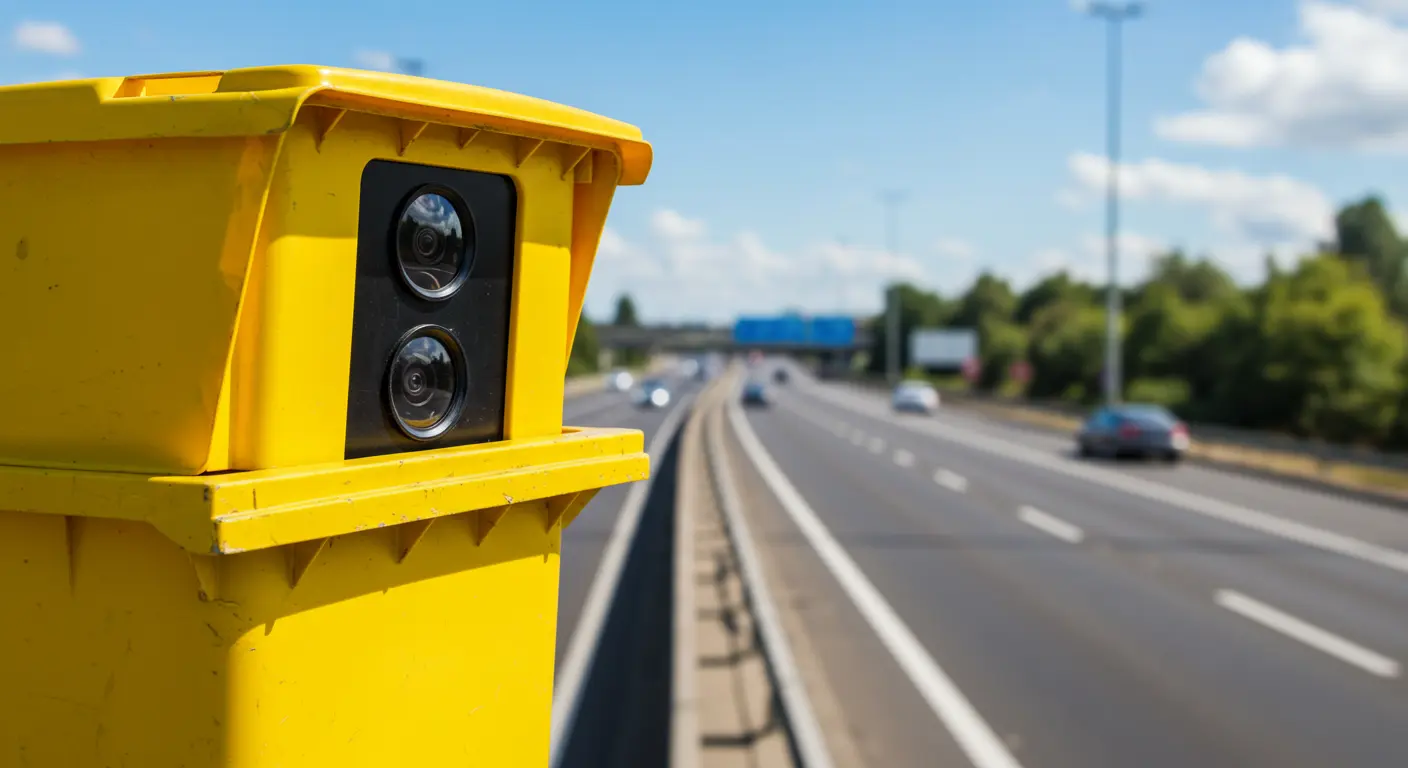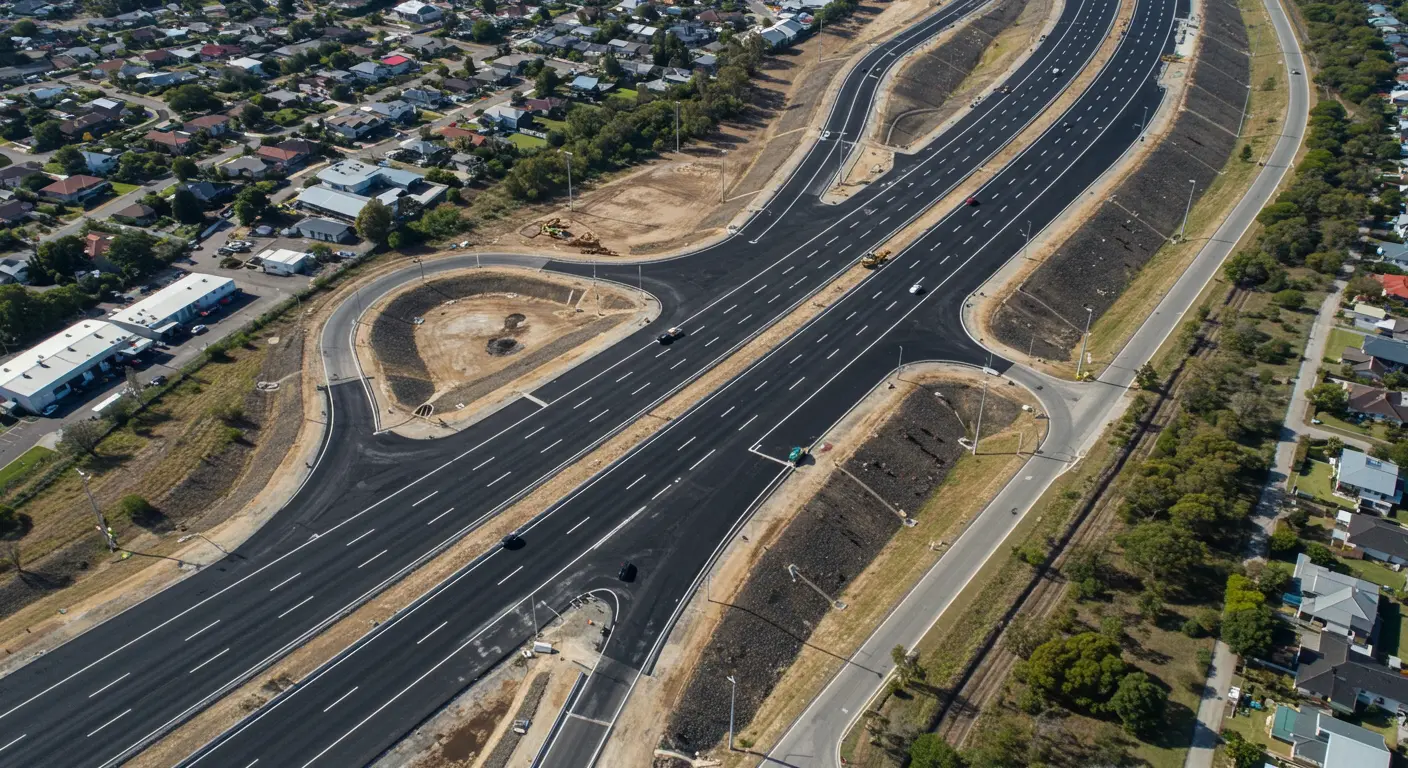In a move that has sparked significant debate, Seoul has introduced new regulations banning electric vehicles (EVs) from parking in underground spaces. This decision comes as a response to growing concerns about the potential fire hazards associated with EVs, particularly in enclosed areas. As EV adoption continues to rise, this regulation raises important questions about safety, infrastructure, and the future of electric mobility in South Korea. In this article, we’ll explore the reasons behind Seoul’s decision, its implications for EV owners, and the broader impact on the electric vehicle market.
The New Regulation: What It Entails
Seoul’s new regulation prohibits electric vehicles from parking in underground car parks across the city. This rule, which applies to both public and private parking facilities, is intended to mitigate the risks associated with EV fires in confined spaces.
• Scope of the Ban: The regulation affects all electric vehicles, regardless of make or model. This includes both privately owned vehicles and those used for commercial purposes, such as ride-hailing or delivery services.
• Enforcement: The ban is set to be enforced by local authorities, with fines or penalties for those who violate the new rule. Parking facility operators are also expected to comply by installing appropriate signage and informing EV owners of the change.
The Reason Behind the Ban: Fire Safety Concerns
The decision to ban underground parking for EVs stems from increasing concerns about the potential fire risks associated with electric vehicles. While EVs are generally safe, there have been instances where battery fires have occurred, particularly in the case of accidents or manufacturing defects.
• Fire Risks in Enclosed Spaces: One of the primary concerns is that, in the event of a fire, the confined environment of an underground car park could exacerbate the situation. EV battery fires can be difficult to extinguish and may require specialized firefighting techniques, which are challenging to deploy in underground spaces.
• Recent Incidents: While there have been few reported cases of EV fires in Seoul, the city’s authorities are taking a precautionary approach. Recent high-profile incidents in other parts of the world have heightened awareness of the potential risks, leading to this preemptive measure.
Impact on EV Owners and the Market
The ban on underground parking presents significant challenges for EV owners in Seoul, particularly those living in high-density urban areas where underground parking is often the only option.
For EV Owners
• Inconvenience: EV owners who rely on underground parking may now face difficulties finding alternative parking spaces. This could lead to increased demand for above-ground parking, which may already be limited in certain areas.
• Charging Access: Many underground car parks are equipped with EV charging stations, making them a convenient option for EV owners. The new ban may restrict access to these charging facilities, forcing owners to seek out alternative charging options.
For the EV Market
• Sales Impact: The regulation could potentially deter some consumers from purchasing EVs, particularly if they lack access to suitable parking and charging options. This may slow the growth of the EV market in Seoul, at least in the short term.
• Infrastructure Development: The ban may prompt a reevaluation of EV infrastructure in the city, with a greater focus on developing safe, accessible charging and parking solutions that mitigate fire risks.
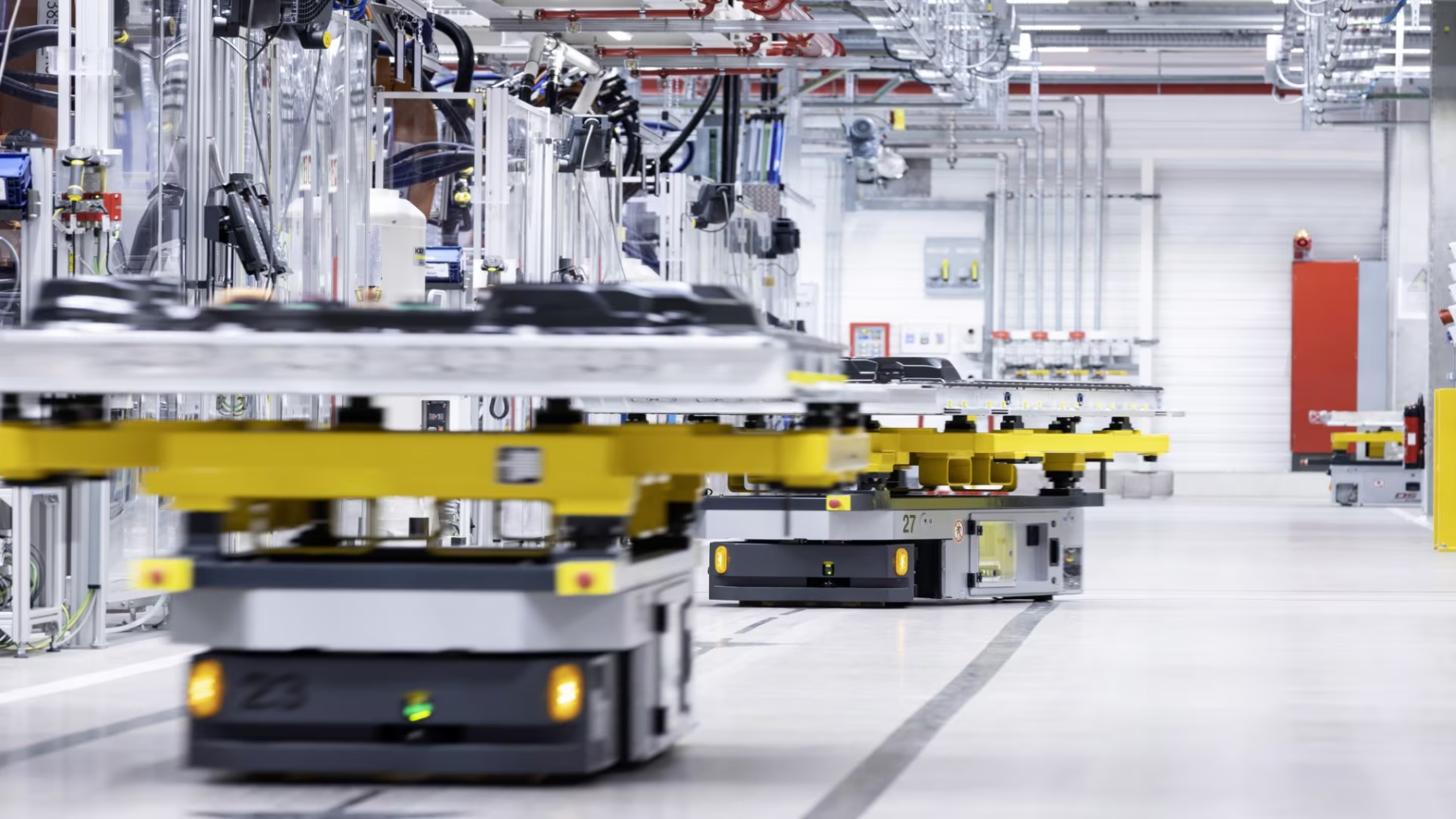
Broader Implications for Electric Mobility
Seoul’s decision to ban underground parking for EVs could have ripple effects beyond South Korea, influencing how other cities and countries approach EV safety.
• Global Impact: As cities around the world grapple with the challenges of integrating EVs into existing infrastructure, Seoul’s regulation could serve as a model or a cautionary tale, depending on its outcomes. Other cities may consider similar measures if concerns about EV safety continue to grow.
• Industry Response: Automakers and battery manufacturers may also respond to these developments by accelerating efforts to improve battery safety and develop new technologies that reduce the risk of fires.
Final Thoughts
Seoul’s ban on underground parking for electric vehicles is a significant development in the ongoing conversation about EV safety and infrastructure. While the regulation aims to protect public safety, it also highlights the challenges that come with the rapid adoption of new technologies. As the city navigates these changes, the impact on EV owners and the broader market will be closely watched by industry stakeholders and regulators alike.
Stay tuned to CarExplore for more updates on the latest developments in electric mobility and automotive regulations.


